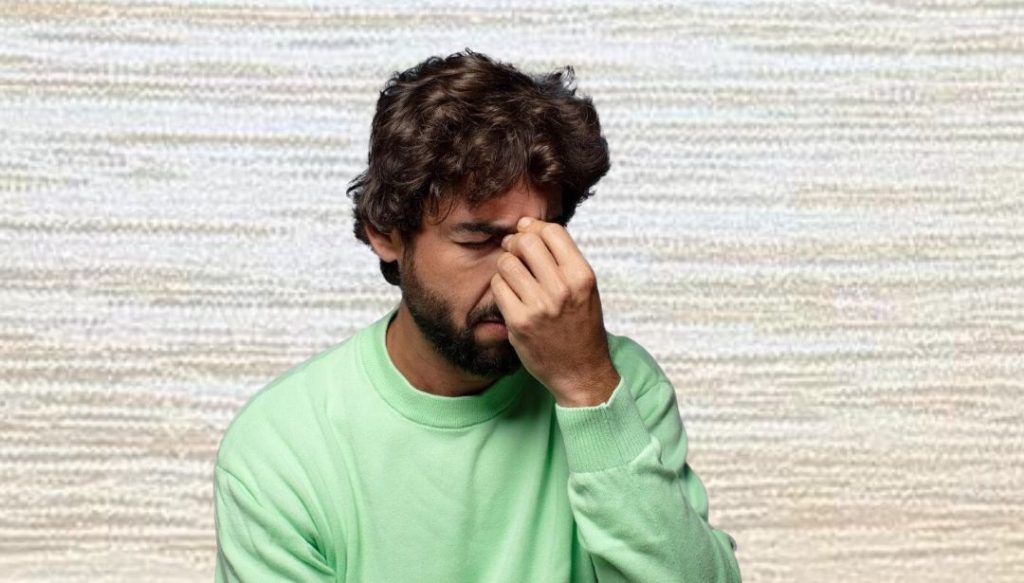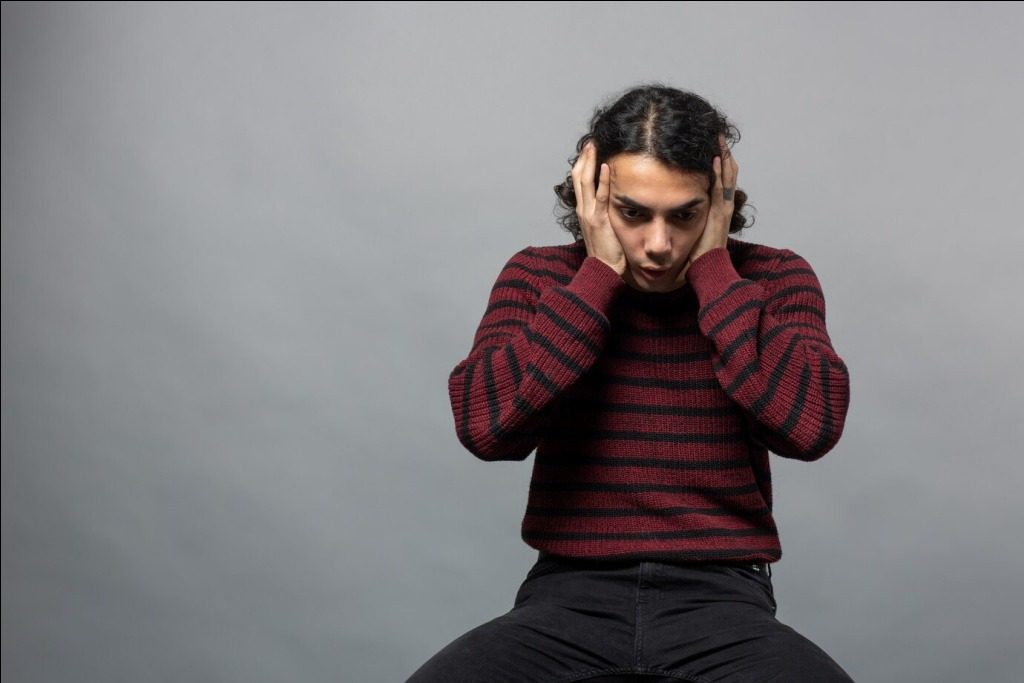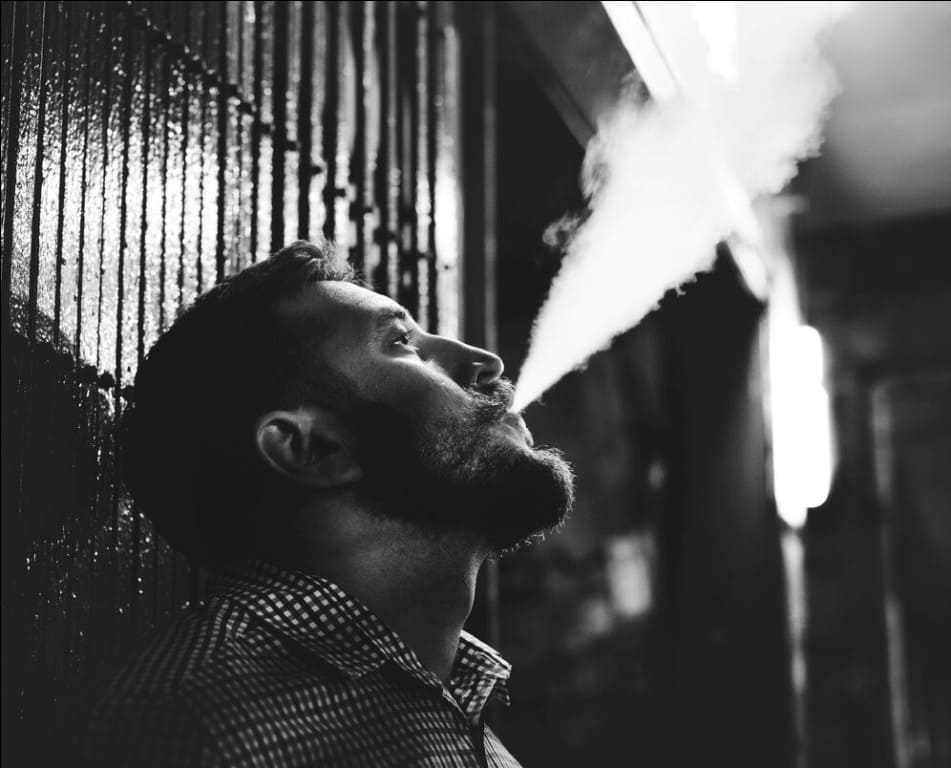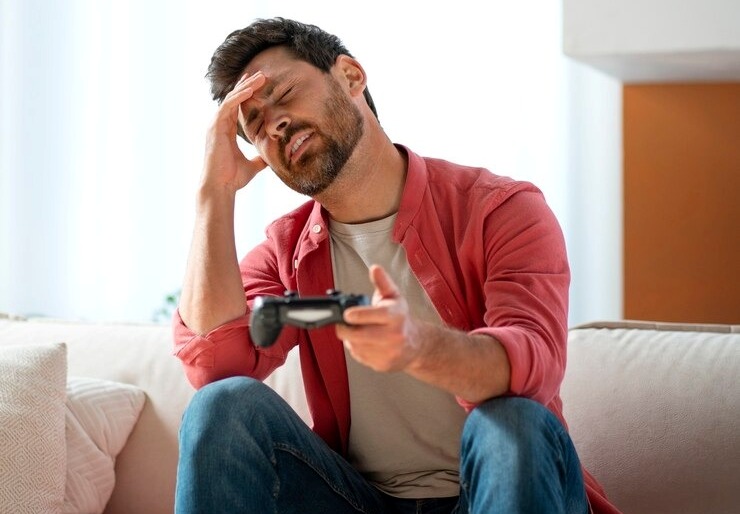One of the least discussed, underexplored but critical issue in the present day is men’s mental health in India. Cultural norms, traditions and societal expectations prevent men from talking about their emotional challenges openly.
While the male child is brought up by instilling the belief in him that he is the family’s ‘hero’, protecting his sister and taking care of his parents when he grows up, he should be strong, he is not expected to cry, or talk about his emotional struggles as that does not make him a man.
In our society, vulnerability is viewed as weakness, as a result of which men suppress their emotions. This is accompanied by stigma surrounding mental illness, where any kind of mental health issue quickly gets labelled as madness. As per reports, at least 40% of Indian men don’t openly discuss their mental health. Apart from stigma and myths, the expectation that men should handle their emotions independently, plays a key role behind this.
Men and women also cope differently with mental health challenges. While women tend to seek emotional support from friends and family, men try to address it by distancing themselves from their emotions. While various studies have highlighted the need to address men’s mental health, it unfortunately remains an overlooked area even today.
On International Men’s Day 2024, The CSR Journal takes a look into some of the most common mental health challenges faced by Indian men.

Depression
This is a common mental health condition faced by Indian men. Men with depression may experience irritability, anger, physical pain, numbness, substance abuse, and changes in libido instead of the most common symptom which is sadness. Men experiencing depression have also been seen trying to cope with the same by devoting themselves in excessive work instead of the lethargic approach to work which depression generally causes.
Because men cannot open up about their emotional struggles, they silently suffer in silence, become isolated from their close ones, or resort to substance abuse instead of opening up to their family, friends or seeking professional support. Men going through depression have also shown assertive, aggressive and competitive behaviour which makes it difficult to diagnose that they are experiencing depression, as per mental health experts.

Sleep issues
Sleep disturbance is a common issue faced by Indian men. According to data shared by Government of India’s toll-free mental helpline Tele Manas, men between the age group of 18-45 have reported experiencing sleep disturbances including chronic sleep deprivation, insomnia, sleep apnea, narcolepsy, and restless legs etc. Along with other factors like stress, lifestyle, obesity, medication and neurological disorders, sleep disturbance can also stem from mental health disorders, such as anxiety, depression, or substance use.

Substance abuse
According to the Ministry of Social Justice and Empowerment’s report on the “National Survey on Extent and Pattern of Substance Use in India” published in 2019
-16 crore people (14.6%) between the age of 10 and 75 years are current users of alcohol, and out of them, 5.2% are alcohol dependents.
– About 3.1 crore individuals (2.8%) are cannabis users, and 72 lakh (0.66%) people suffer from cannabis problems.
– Overall opioid users 2.06% and nearly 0.55% (60 lakh) require treatment services/health
– 1.18 crore (1.08%) are current users of sedatives (non-medical use).
– 1.7% of children and adolescents are inhalant users as compared to adults of 0.58%. Nearly 18 lakh children need help for inhalant use.
– It is estimated that about 8.5 lakh people are injecting drugs (PWID – people who inject drugs)
Substance abuse is a common mental health issue for Indian men, especially tobacco and alcohol abuse. While men resort to intoxication to handle stress and other mental health issues being faced by them, research suggests that substance abuse can worsen existing mental health conditions and can also lead to new disorders. Substance abuse is a major concern among students in India.

Internet and gaming use disorders
Internet gaming disorder (IGD) is a condition where a person engages into excessive and problematic use of video games, online or offline that can negatively impact their life. This disorder can lead to poor performance at work, school, or with household responsibilities, a person avoiding other activities or social relationships for playing games. It can also lead to withdrawal symptoms like sadness, anxiety, or irritability and a person ignoring to take care of personal hygiene or grooming. It can also lead to back pain, neck pain and sleep problems.
Internet gaming disorder (IGD) is more prevalent among Indian males as compared to women. According to a study conducted among 400 high school students in India, it was found that 8.8% of male students suffer from IGD, compared to 0.8% of female students.

Suicide
Research shows that women are diagnosed with depression twice as often as men, while the risk of death by suicide in men is far greater than women – more than 2.5 times the rate in women, according to a study. This means, even though women exhibit more suicidal thoughts than men, the number of men dying by suicide is more than females.
According to an article titled ‘Changing pattern of suicide deaths in India’ published in The Lancet, the number of suicides among daily wage earners in India increased by 170.7% between 2014 and 2021. One of the most alarming manifestations of this crisis is the suicide rate among men in India.
According to the Accidental Deaths & Suicides in India 2021 report by the National Crime Records Bureau, men make up 72.5 per cent of suicide victims, a staggering difference compared to women.
In 2021 alone, over 73,900 more men than women died by suicide. This disparity exists across all adult age groups, with particularly high rates among men aged 18–59. National Crime Records Bureau (NCRB) data prepared over a period from 2014 to 2021 that had adult men topping the chart in the number of suicides across all age groups, marital status, education, or profession.
According to mental health experts, suicides can be triggered by stress due to workplace competition, family issues, usage of alcohol and other substances, etc.



